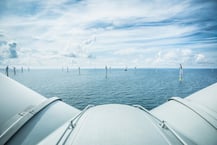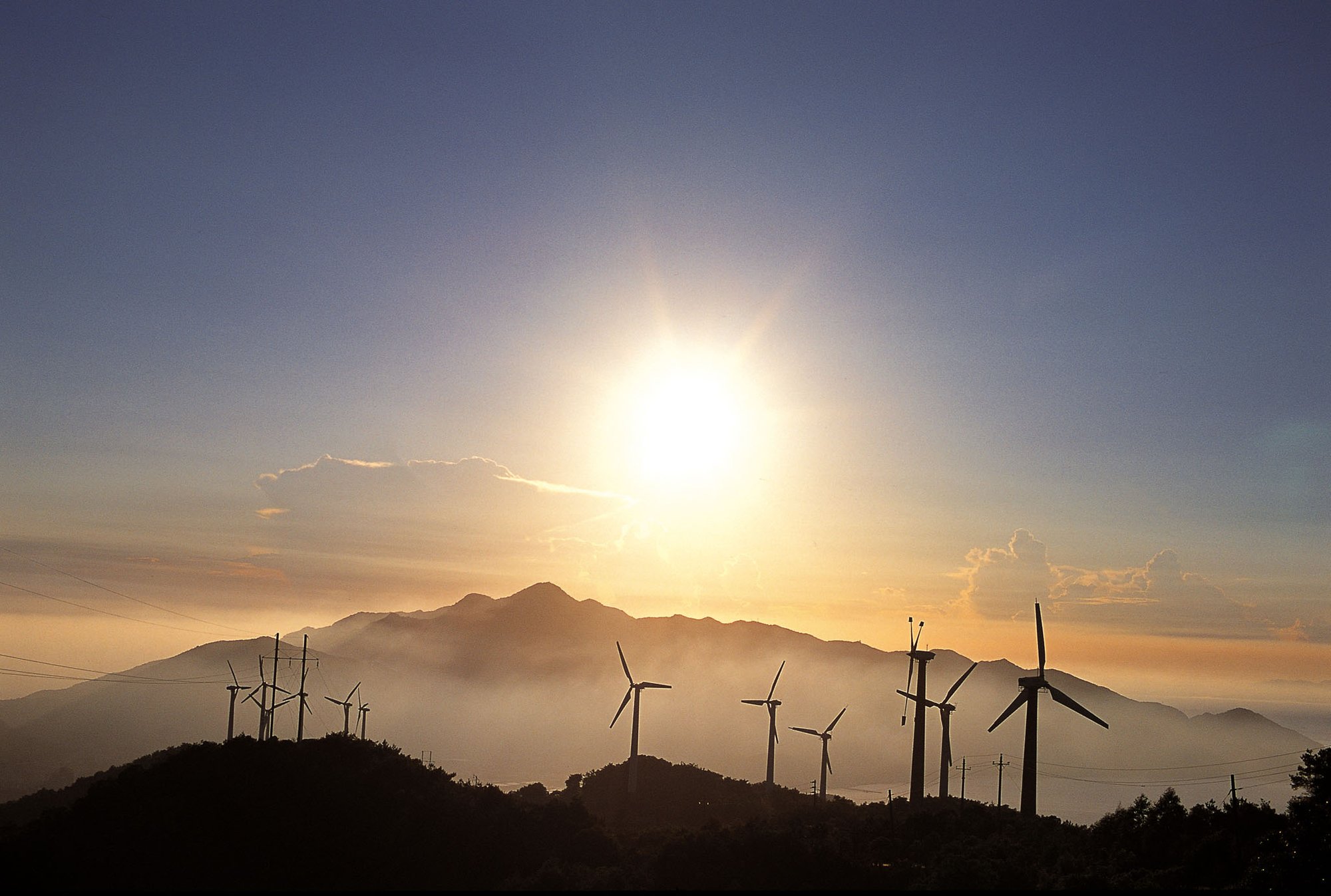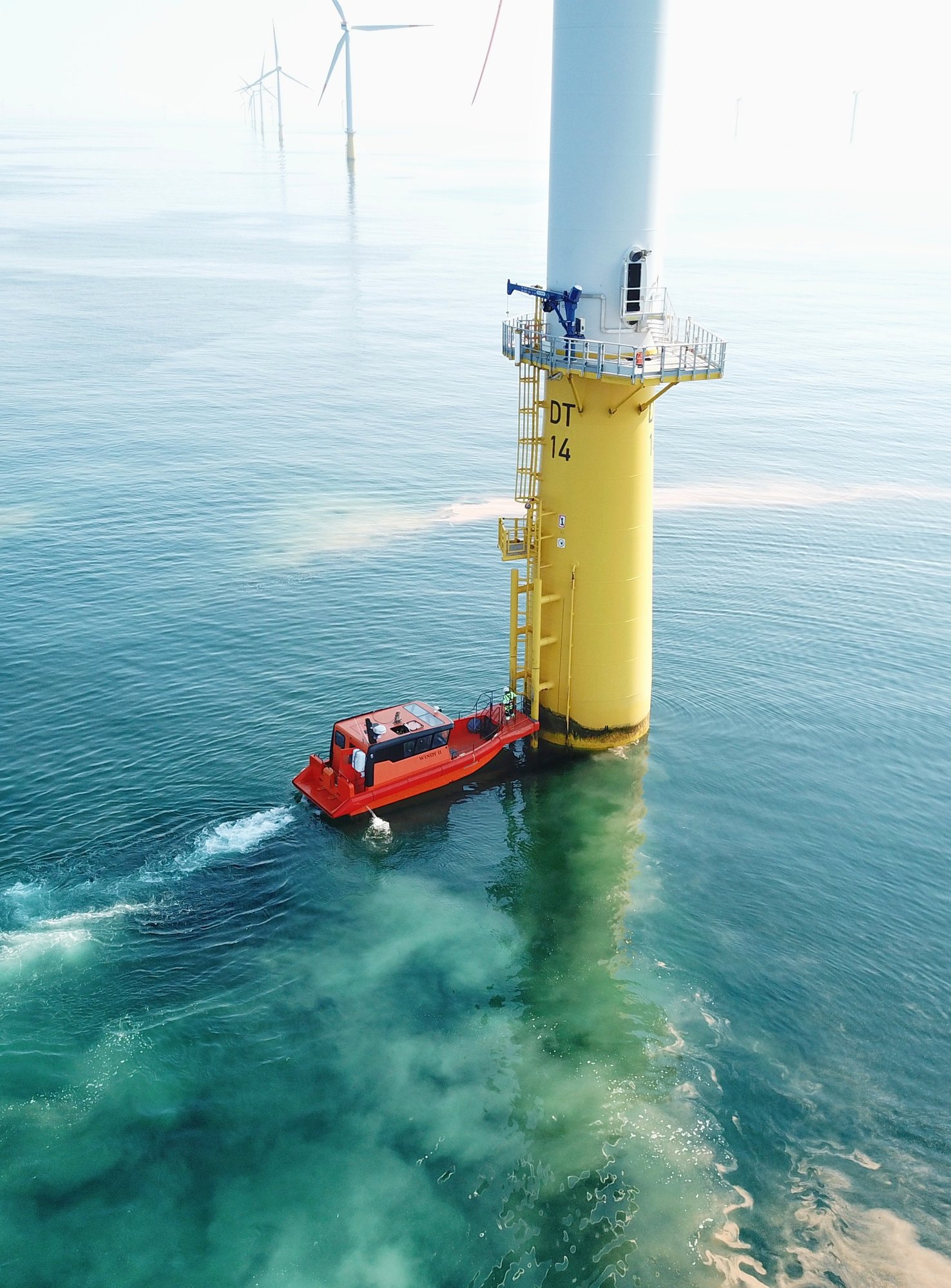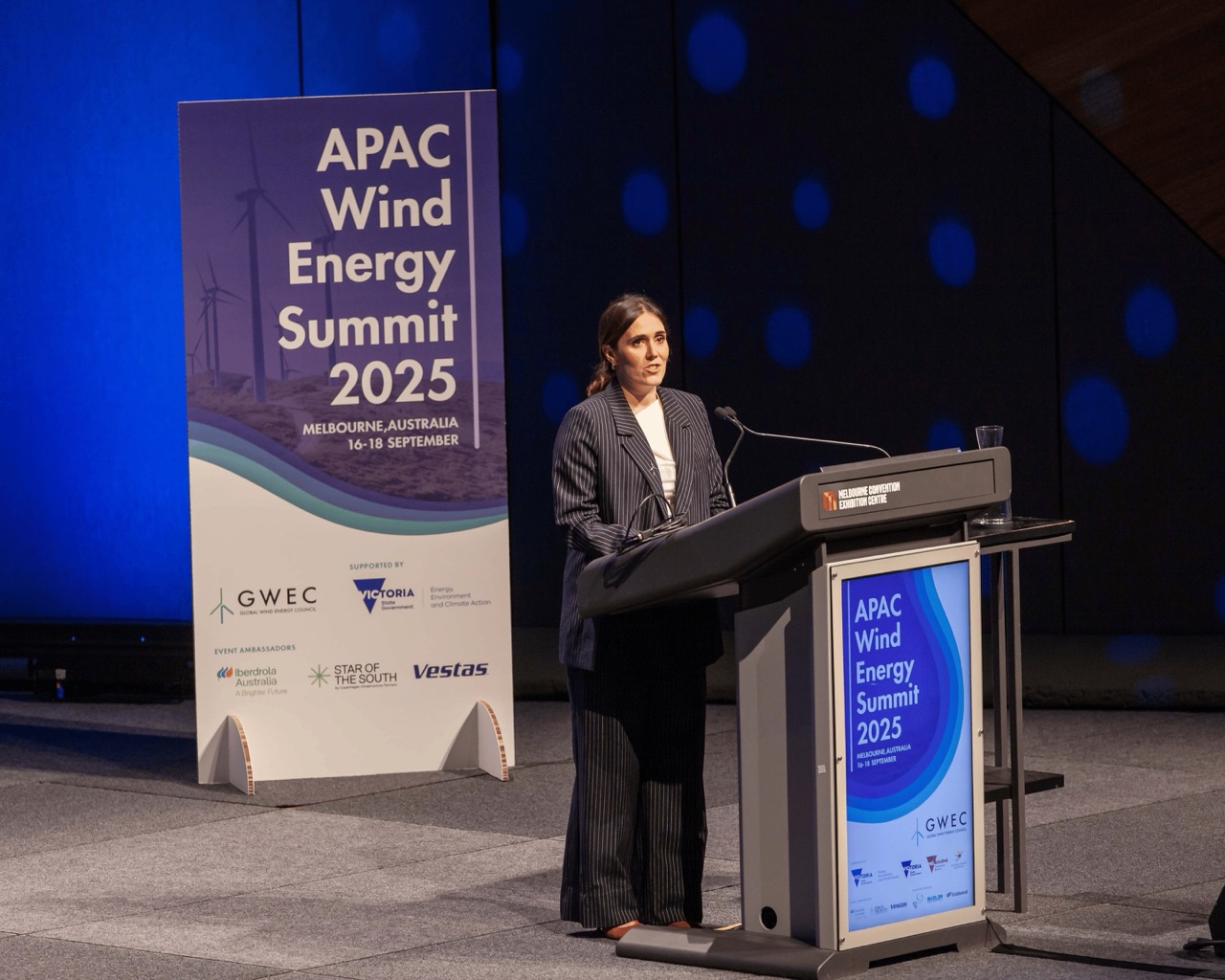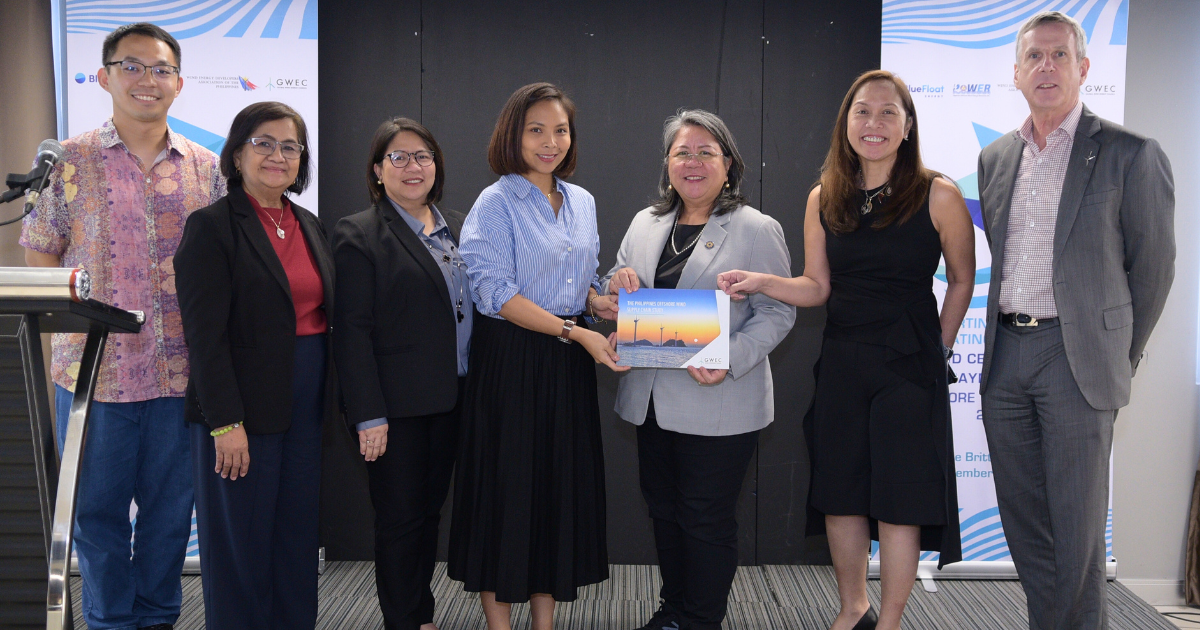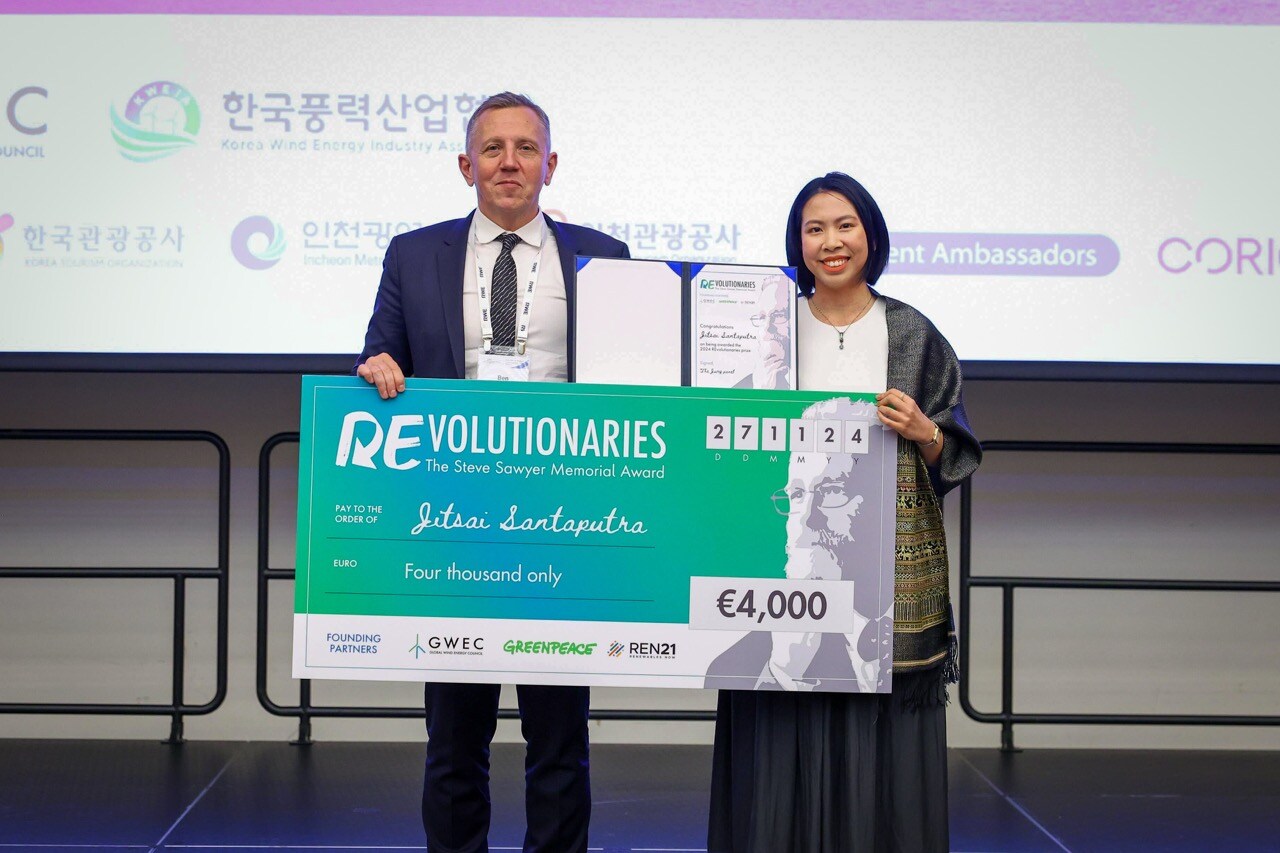GWEC Asia is building a unified and strong alliance of local industry players, advocating for the benefits of wind power through strategic dialogue with governments and key stakeholders. By communicating the socio-economic benefits of wind energy, the Asia team works to raise government awareness of policy needs in both onshore and offshore sectors, while also collaborating with agencies to strengthen local capacity and create an enabling environment for a thriving regional wind industry.
GWEC Asia's role as a credible advocacy and research body for the regions wind sector, ensures a cohesive voice across the region. This unified approach creates transparent, efficient channels for policymakers to engage with the wind industry, helping to connect policy decisions with market realities.
By focusing resources on high-potential markets and engaging stakeholders across the private sector, GWEC Asia will accelerate the large-scale deployment of wind power and build a robust foundation for sector growth, ultimately creating the conditions for significant investment and long-term sustainability.
